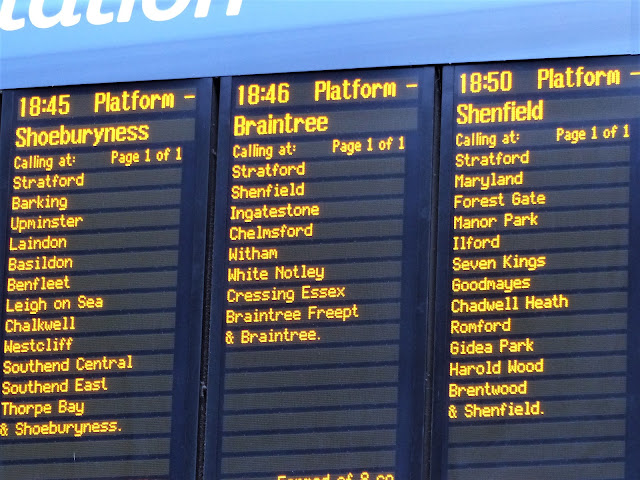Usually people criticise a writer, I found only one woman doing so, no info on him, his lifestyle, the company he keeps, this is surprising. Or should we read between the lines?
The book itself, some 388 pages of small font, begins in the distant past when earth movements left volcano's and passing ice flows shaping the city. From either of the two towering rocks, 'Castle Rock' or 'Arthur's Seat' we can see two more in the distance, one above North Berwick and the other across the Forth near Leven. Redundant volcano's later used as fortifications by passing generations with 'Castle Rock becoming the home of Scotlnd's greatest city.
The sloping ledge which runs from the castle down to Holyrood Palace enabled a city to arise but the slope on either side also led to towering 'skyscrapers' long before New York thought of them.
Fry leads us through the growth of the city, ensuring his views are made clear each time, from the struggle of the Scots Kings to own the Lothian's and create a border, through the growth of the Canongate, the 1707 riots when England usurped Scots freedom, the '75 rebellion and the changes that followed as the new town arrived and up unto recent times.
It would be interesting to compare his book with that of other authors. There is much interesting detail within but is his interpretation correct. A second view would be good. That said it is worth a read, he has clearly spent much time in the Central Library studying his subject and deserves to be read. I must look for another viewpoint however.
Another Edinburgh book but slightly different. This one concerns a Lawyer studying in Edinburgh who formed the First Foot-ball Club in 1824. A lot of research has gone into discovering the author, not a man I would wish to associate with I must say, those he played with and their life afterwards.
Football of one sort or another has been played everywhere since man first kicked a ball. Present day football was famously organised by the Hooray Henry's at Cambridge when they finally agreed on a form of rules they mostly accepted. The arrogance of the English leads them to claim they began football while we all know the truth.
Forms of football were apparently played in Edinburgh schools. That is middle class and 'toffs' schools as the majority of kids were working from the day they were born and schooling, let alone time to play football, was a pipe-dream. While at university John Hope began to play in the fields around foot-ball with his mates, all from university. John was meant to be a lawyer, his notes which are the foundation of the book detail every penny spent over the years. Names of all, subs paid, and costs of ball and hire of field are all noted with precision, as a lawyer would do!
However John became one of those Christian types and a middle class Victorian one at that! This did not stop the games, indeed he went on throughout his life to encourage people, especially the young and poor, to play all sorts of games and spent much money in helping them. His personality meant that he was kind but a bit of a bore also and he never married. With his money and legal position he would be attractive to some but romance never blossomed.
The 'foot-ball club' died in time but not before many men had passed through John's notebooks. At the end of this book details of the men who joined are added and it is interesting to note that while almost all are middle class, wealthy, in professional jobs, many were medical men, the majority died in their 50's and a few long before this. Only three or four made it to 90. Even the healthiest smoked too much, suffered frequent illness which could not then be cured and the hazards of missionary or serving the Raj in far off places ended many a life at that time.
1824 is 50 years before the Heart of Midlothian and many other football teams as we know them today came into being. This book reveals the desire for sch games long before their birth. Indeed it was increasing wealth, shorter hours and half day Saturday after the 1860's that led to an expanse of all sorts of sporting endeavours for all classes. John Hope would be glad he enabled many to participate long before this even if it cost him much money.


















































